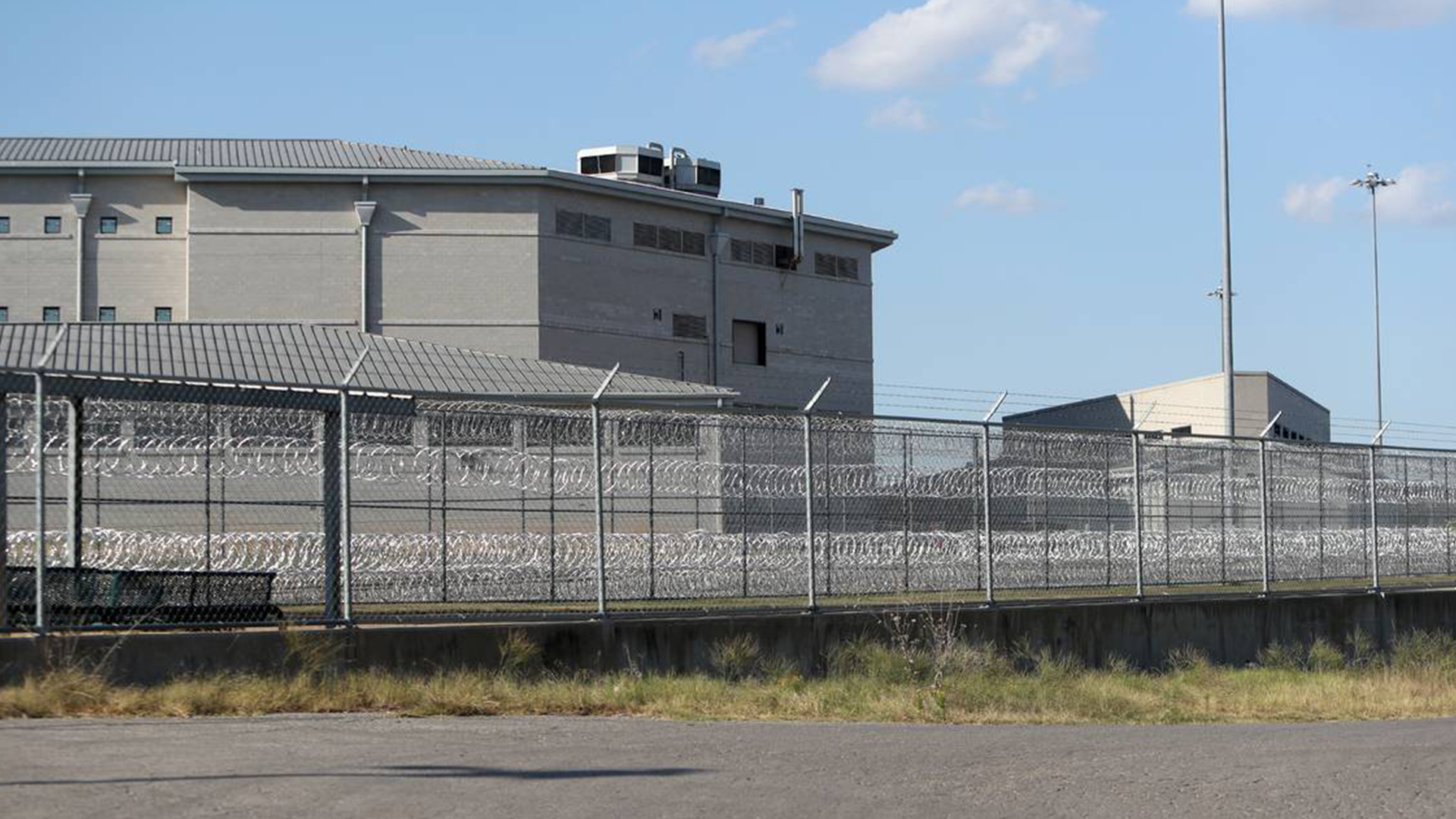Carswell, TX – Transgender prisoner Donna Langan is ready to announce that she is gratefully recovering from the first gender confirming surgery (GCS) ever performed on a prisoner held in a US Federal Prison. Ms. Langan, 65, has dreamed of undergoing these procedures for nearly her entire life. In mid-December, 2022, after years of advocacy and uncertainty, the historic milestone surgery finally took place. She is recovering well.
“I have completed my gender confirmation surgery, and am now in the post-operative recovery phase. I want to thank all of the people who helped me reach this life changing event,” said Ms. Langan.
Ms. Langan spent the first decades of her life alternately seeking gender affirmation and attempting to conceal her gender beneath a mask of regrettably violent masculinity. In 1996, Ms. Langan was arrested and placed into federal custody, where she is currently serving a sentence of life without parole. Upon her confinement, Ms. Langan started to reckon with the harm caused by developing a violent persona rather than making peace with her femininity.
She renounced her previously held beliefs and began assiduously requesting access to gender affirming care from the Federal Bureau of Prisons (FBOP).
“Ms. Langan’s long unmet need for gender affirming care has shaped every part of her life, from her chaotic past to her moral transformation and prisoner advocacy. Now that FBOP has satisfied its constitutional obligations to Ms. Langan, she can finally move forward as her truest and best self,” said attorney Moira Meltzer-Cohen, who has represented Ms. Langan since 2015.
Under the Eighth Amendment of the US Constitution, prisons are responsible for providing medically necessary care to prisoners. Nevertheless, when it came to gender-affirming surgeries, this right was universally denied to the many transgender people in federal custody until the end of 2022.
While being transgender is not a mental disorder, transgender people may experience gender dysphoria (GD). GD derives from the external conditions that contravene a person’s gender, and is thus treated by alleviating the medical, psychological, and social barriers to living fully within the individual’s gender identity. Gender dysphoria is a serious medical condition, but it is highly treatable. For decades, the medical community has been aware of safe, effective treatments for GD. If untreated or mistreated, gender dysphoria can lead to serious risks and harms, including both physical and mental health effects.
Every major medical and psychological organization in the United States, including the National Commission on Correctional Health Care (NCCHC), has unambiguously endorsed the articulated World Professional Association for Transgender Health (WPATH) Standards of Care for the treatment of transgender individuals. According to the WPATH standards, GCS is the obvious and necessary treatment for individuals suffering from GD who desire to alter their bodies to relieve symptoms. “Medical procedures attendant to gender affirming/confirming surgeries are not optional in any meaningful sense, but are understood to be medically necessary for the treatment of the diagnosed condition. In some cases, such surgery is the only effective treatment for the condition, and for some people genital surgery is essential and life-saving.”
“Ms. Langan is not alone in enduring decades of anguish resulting from the Federal Bureau of Prisons functionally blanket denial of this medically necessary, life-saving care,” said Attorney Meltzer-Cohen. “We are thrilled that FBOP has meaningfully altered its practice to comply with the Eight Amendment, starting with providing Ms. Langan with the care she needs and deserves. We hope that her persistence will benefit others in her position. We also want to acknowledge the tremendous work recently done by ACLU and other attorneys on behalf of former prisoner Cristina Iglesias, which undoubtedly paved the way for this critical victory.”
In 2012, sixteen years after her first requests for gender affirming care, FBOP approved Ms. Langan to begin Hormone Replacement Therapy (HRT). In 2016, she was moved to a women’s facility. She continued to request GCS, but over more than four years, her requests were either denied or simply left unresolved. Although FBOP has articulated policies that acknowledge the medical necessity of gender affirming care, including surgery, for prisoners suffering from gender dysphoria, no trans prisoner had previously been approved for such surgeries by the Transgender Executive Council (TEC), a body of prison administrators and medical staff that oversees decisions about medical treatment for trans prisoners.
In September, 2020, an action filed in the D.C. Circuit Court on Ms. Langan’s behalf set forth claims for relief under the 8th and 14th Amendments to the Constitution, and other statutory law. Shortly thereafter, the TEC approved one of Ms. Langan’s many previously disregarded requests for GCS. Ms. Langan’s case remains stayed pending resolution of her final request for gender affirming permanent facial hair removal.
Ms. Langan credits her attorneys, the community of LGBTQ advocacy groups, her family, friends (especially her “BFF, Sugar Dumpling”), the previous medical director of FMC, Carswell, and her fellow prisoners with helping her to remain strong enough to see this outcome. While she appreciates that the TEC approved her request for clinical gender confirmation, she hopes that the many other trans people confined in federal penal institutions are also able to access medically necessary gender affirming care without having to suffer years-long delays. “I hope that many others who need gender confirmation can get it too,” said Ms. Langan. “While I do want to continue to live my life with some level of privacy, I am sure I will have to speak out and be an advocate for trans prisoners and the LGBTQ+ community in general.”
-30-





